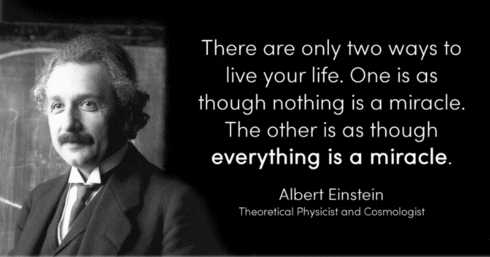Design and Experimental Analysis of a
Medium-Frequency Transformer for
Solid-State Transformer Applications
Michael Leibl, Member, IEEE, Gabriel Ortiz, Member, IEEE, and Johann W. Kolar, Fellow, IEEE
Abstract— Within a solid-state transformer, the isolated dc–dc
converter and in particular its medium-frequency transformer
are one of the critical components, as it provides the required
isolation between primary and secondary sides and the voltage
conversion typically necessary for the operation of the system.
A comprehensive optimization procedure is required to find a
transformer design that maximizes power density and efficiency
within the available degrees of freedom while complying with
material limits, such as temperature, flux density, and dielectric
strength as well as outer dimension limits. This paper presents
an optimization routine and its underlying loss and thermal
models, which are used to design a 166 kW/20 kHz transformer
prototype achieving 99.4% efficiency at a power density of
44 kW/dm3. Extensive measurements are performed on the
constructed prototype in order to measure core and winding
losses and to investigate the current distribution within the litz
wire and the flux sharing between the cores.
VIEW FULL TEXT:

.gif)





Nenhum comentário:
Postar um comentário